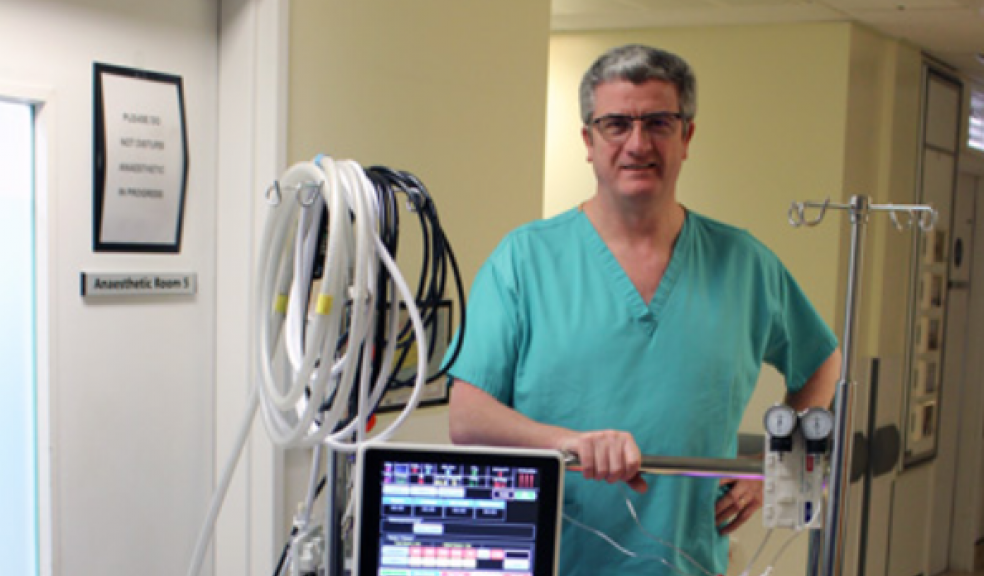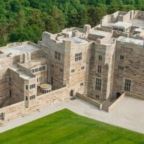
University Hospitals Plymouth first in UK to get new Heart-Lung machines
Patients of Cardiothoracic Theatres in Plymouth are first in the UK to benefit from new high-tech heart-lung machines following a wider £4million investment in cardiothoracic surgery over 10 years.
Five new ‘Quantum heart-lung machines’ will mean improved safety for patients undergoing heart surgery.
Heart-lung machines (or cardiopulmonary bypass machines) take over the work of the heart and lungs whilst the heart is operated on.
Enhanced safety
University Hospitals Plymouth NHS Trust (UHP) has eight Perfusionists (the specialists operating heart-lung machines) supporting over 1000 surgical procedures a year. These typically include coronary artery bypass grafts, heart valve replacements and repairs.
In 22 years, the Cardiothoracics Department at Derriford has operated on 25,000 heart patients.
Gerry Webb, Head of Clinical Perfusion at UHP, has been instrumental in securing the equipment for the Trust.
He explained: “Heart lung machines are required to support the circulation of patients undergoing heart surgery. Cardiothoracics in Plymouth has always been forward thinking in terms of our safety profile but this investment brings us to a new level. The new machine gives the Perfusionist much more control and flexibility over patients’ physiological parameters and helps provide optimised access to the operating site for the surgeon.”
“To facilitate a safe operating environment for the surgeon, we manipulate the patients’ temperature, blood pressure, blood volumes, blood oxygen and carbon dioxide levels. This can be a very complex undertaking and the new technology allows for the intricate calculations that are necessary when, for example the patient’s temperature is altered, to be performed automatically.
Improved data analysis
The new machines will acquire data and link it to other sources such as the patient’s anaesthetic record - with more sophisticated analyses for the Perfusionist, anaesthetist and surgeon. Complex calculations which would previously have been done manually will be done live and in real-time.
Currently, after cardiac surgery, a summary of what happened in theatre is written in the patient notes. Using the new system, the surgeon and anaesthetist will be able to relate all episodes of drug administration or procedure timings more precisely, and collect data “in a much more substantive way than it was before,” according to Gerry.
Improved investment
Colette Wells, Service Line Cluster Manager for Cardiothoracic and Vascular Surgery said: “Heart-lung machines are absolutely critical to the reliable provision of heart surgery in the region and the department is delighted to have received such a large investment in these new state of the art machines.
“I’m very excited to have the support of the Trust, and for our forward-thinking Cardiac Surgical Team to be at the cutting edge of technology.”












